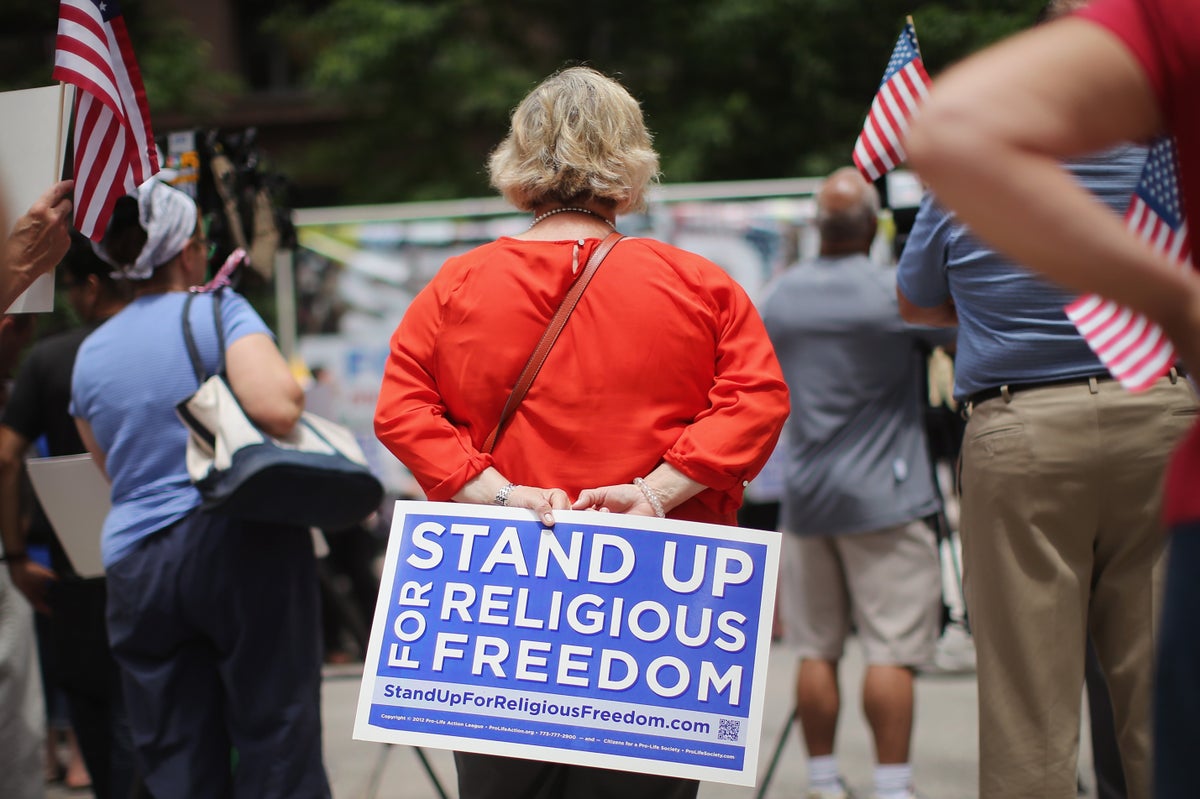Faith, Funding, and Controversy: Oklahoma's Charter School Showdown Heads to Supreme Court

A controversial legal battle is unfolding in Oklahoma, where Republican leaders are championing a proposed Catholic public charter school that could potentially challenge the long-standing principles of church-state separation. The proposed St. Isidore of Seville Catholic Virtual School has sparked intense debate about educational funding, religious freedom, and constitutional boundaries.
At the heart of the controversy is a groundbreaking attempt to establish the first religious charter school in the United States. Oklahoma's Republican officials are pushing forward with the proposal, arguing that the school would provide innovative educational opportunities while respecting religious expression. However, critics warn that the move could set a dangerous precedent for blurring the lines between public education and religious institutions.
The case has drawn national attention, raising critical questions about the interpretation of the First Amendment and the extent of religious organizations' involvement in publicly funded education. Legal experts are closely watching the developments, recognizing that the outcome could have far-reaching implications for educational policy and religious liberty across the country.
As the debate intensifies, Oklahoma finds itself at the center of a complex constitutional showdown that challenges traditional understanding of church-state separation and public school funding. The proposed Catholic charter school represents a bold test of the boundaries between religious freedom and public education, with potential consequences that could reshape educational landscapes nationwide.

